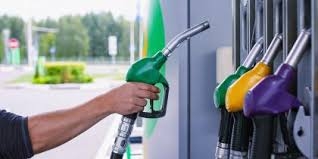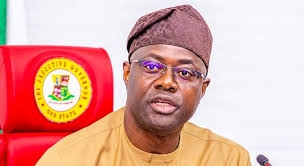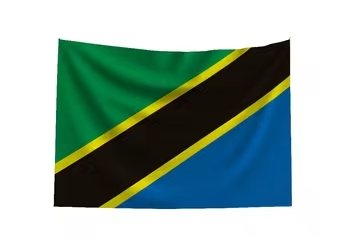Lagos, Nigeria — The Nigerian government has shelved plans to introduce a 15% import duty on petrol and diesel, backing away from a policy that had raised fears of fresh fuel price hikes and supply disruptions ahead of the festive season.
The Nigerian Midstream and Downstream Petroleum Regulatory Authority (NMDPRA) said on Thursday that the levy, earlier approved by President Bola Tinubu, would no longer go ahead.
“The implementation of the 15 percent ad-valorem import duty on imported premium motor spirit and diesel is no longer in view,” the regulator said, citing assurances of adequate nationwide supply.
The tariff, calculated as a percentage of the value of imported petrol and diesel, was part of a wider fiscal reform package aimed at boosting non-oil revenue and aligning import costs with the government’s push for more local refining. It had been revealed in a leaked memo and was expected to take effect in December 2025 after a 30-day transition period.
Fuel marketers and industry groups lobbied intensely against the duty, arguing it would push up landing costs, translate into higher pump prices and deepen inflation in an economy already struggling with the fallout from the 2023 fuel subsidy removal.
They also warned the measure could deter private importers and leave Nigeria overly dependent on the 650,000-barrel-per-day Dangote Petroleum Refinery near Lagos, which is still ramping up output and has yet to fully displace imports.
Despite Dangote’s start-up last year, Africa’s biggest oil producer still spends hundreds of millions of dollars annually importing petrol and diesel, due to years of under-investment and dysfunction at state-owned refineries.
The NMDPRA said current stocks from both local refineries and imports are sufficient to meet demand through the year-end holidays and warned against panic buying or speculative price increases.
“There is robust domestic supply of petroleum products… to ensure timely replenishment of stocks at storage depots and retail stations during this period,” the authority noted, vowing to monitor depots and filling stations closely and sanction hoarding.
Officials framed the suspension as a pragmatic step to balance revenue ambitions with social and economic stability, after fuel price spikes in 2023 and 2024 helped drive inflation to multi-decade highs and triggered waves of public anger.
Analysts say the U-turn underlines the political sensitivity of fuel pricing in Nigeria: while Tinubu’s reforms seek to reduce costly subsidies and encourage local refining, any policy perceived as threatening another round of pump-price increases is likely to face fierce pushback from both marketers and the public.
For now, the regulator’s message is clear: no new fuel tax, no expected shortage — but the broader debate over how to fund the state, stabilise prices and support domestic refining is far from over.





















